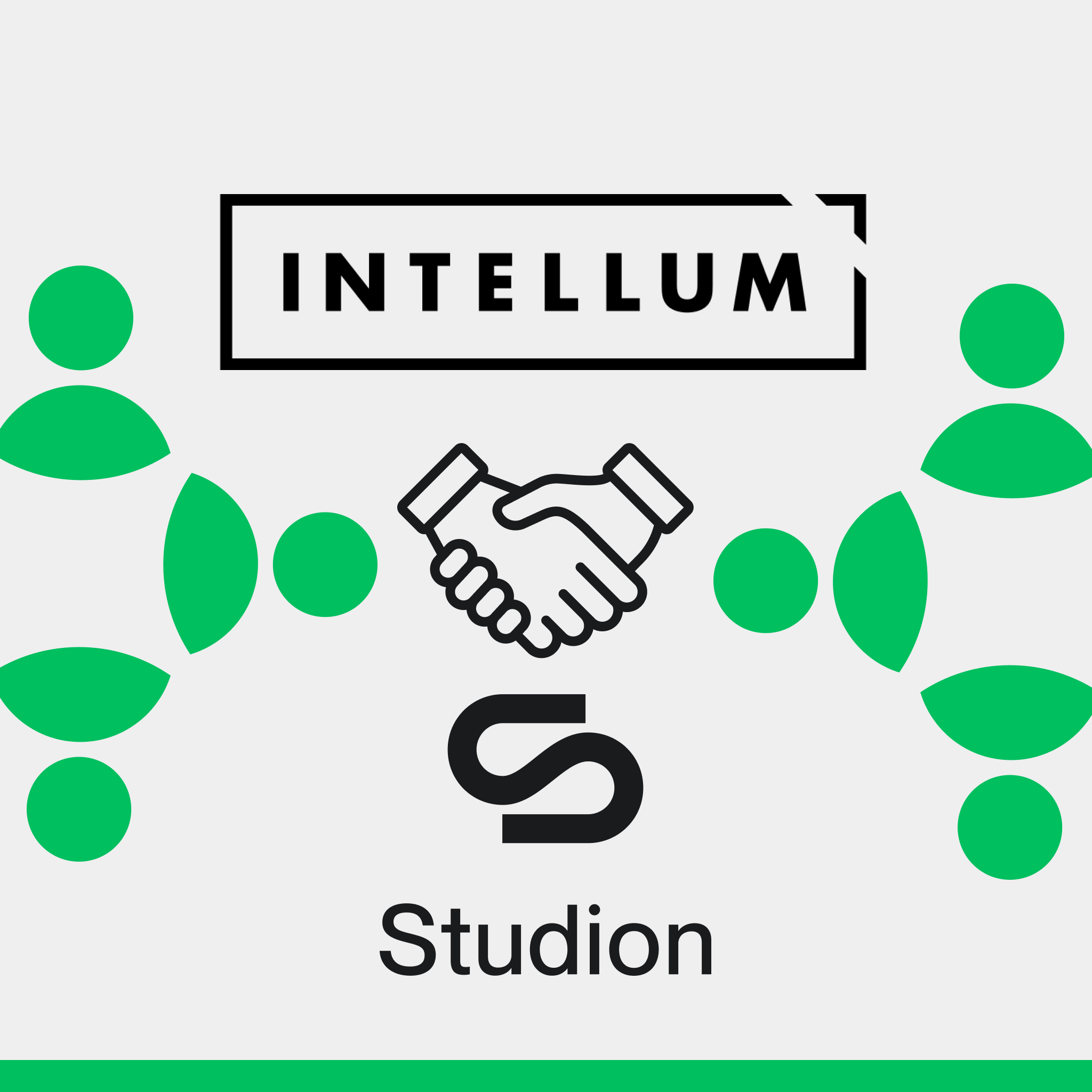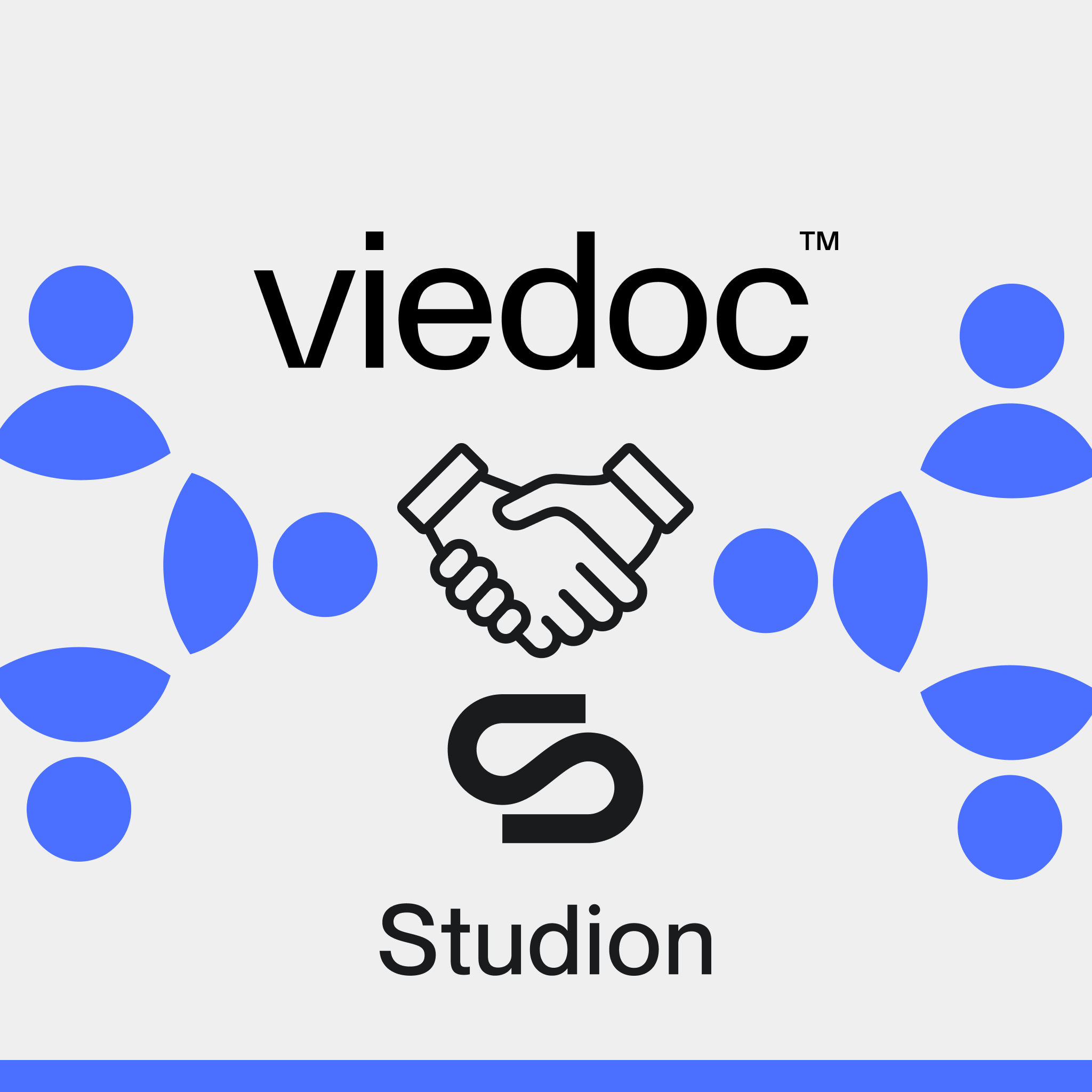This blog post was originally published on Extension Engine’s blog on January 23, 2019.
For organizations looking to build an online learning offering, the temptation to sign with an online program manager (OPM) can be strong. OPMs are organizations that provide everything needed to launch and manage an online program, including the up-front funding. In return, they receive a substantial share of the revenues for a stated period of time.
The OPM business model has been around since online learning took off. Organizations with limited budgets or a lack of internal resources have turned to OPMs as a way to launch programs they otherwise couldn’t afford. But as the online learning space evolves, many issues with this revenue-share and bundled-service model have come to light.
We’ve spoken with many institutions who opted to sign an OPM contract and have since come to rue that decision. Their regrets stem from three factors:
- The details of the revenue-sharing arrangement
- The length of the contract
- The lack of faculty buy-in
The revenue share is too high
Most revenue-sharing contracts specify that the OPM will receive 50%–70% of the revenues. The organizations we’ve spoken to feel, in retrospect, that this percentage is simply too large.
This kind of split may have made sense back in the dark ages of early online learning, but it is our belief at Studion that it’s no longer appropriate for most schools. Schools work hard to build their reputation, their brand, and their intellectual capital. Handing over most of the fruits of their long-term work to a vendor who may be less invested in their students’ success seems excessive.
Plus, there’s the irony — and frustration — of having the revenues they expected to generate by going online end up in someone else’s bank account.
At Studion, we act as contractors with a fee-for-service model. You pay us for work performed – 100% of the revenue you see from your program stays in your pocket.
The commitment is too long
Many schools could live with high revenue-sharing terms for a short time. After all, the arrangement facilitates the launch of their programs. But most commitments are longer-term: five to ten years. This, according to the schools we’ve talked to, is far too long.
There are a couple of problems with these contracts. The first is how long it takes for the institution to realize the full promise of online learning as a source of new revenues. The second is that no one can really predict what the online learning world will be like in five years, let alone ten. Making a commitment for that length of time seems unacceptably risky in a world that is changing so fast.
At Studion, we have monthly contracts. If both parties are happy, we keep working together. If not, or if we’ve achieved the institution’s goals, we can go our separate ways. Some clients choose to partner with us for years to grow their digital learning experiences. For others, we deliver an engaging digital learning experience in a matter of weeks. In both cases, we build our partnerships around our clients’ needs.
Faculty don’t want cookie-cutter courses
Faculty want to teach in programs that they can be proud of, that they can get satisfaction from, and that they know to be effective. At the institutions we’ve spoken with, the faculty experience with the typical OPM engagement is just the opposite. Faculty feel like they don’t own the program and that they, as teachers, are being forced into preexisting boxes built by someone else. Not only is this unacceptable to most faculty, they will actively fight against it.
The key to gaining faculty support is to work with them to ensure their concerns are addressed and their goals as teachers and mentors are met. It’s helpful to find a partner who can help generate the necessary momentum, buy-in, and strategy — and to educate the faculty on what is currently possible in online learning. Advances in pedagogy (and the underlying technology that supports it) enable effective learning experiences that could only be imagined a few years ago. Creating these learning experiences can be highly satisfying to faculty, as can the results they see from students who engage with them. Our High Engagement at Scale framework explains how to effectively and efficiently scale online learning programs while maintaining, often increasing, learner engagement.
At Studion, we know such faculty enthusiasm for online learning is possible because we’ve seen it. Our approach is to work within your budget to customize a program that meets your individual needs. Every school, every program, and every faculty is different, but if everyone keeps an open mind and is willing to experiment, then success is achievable.



